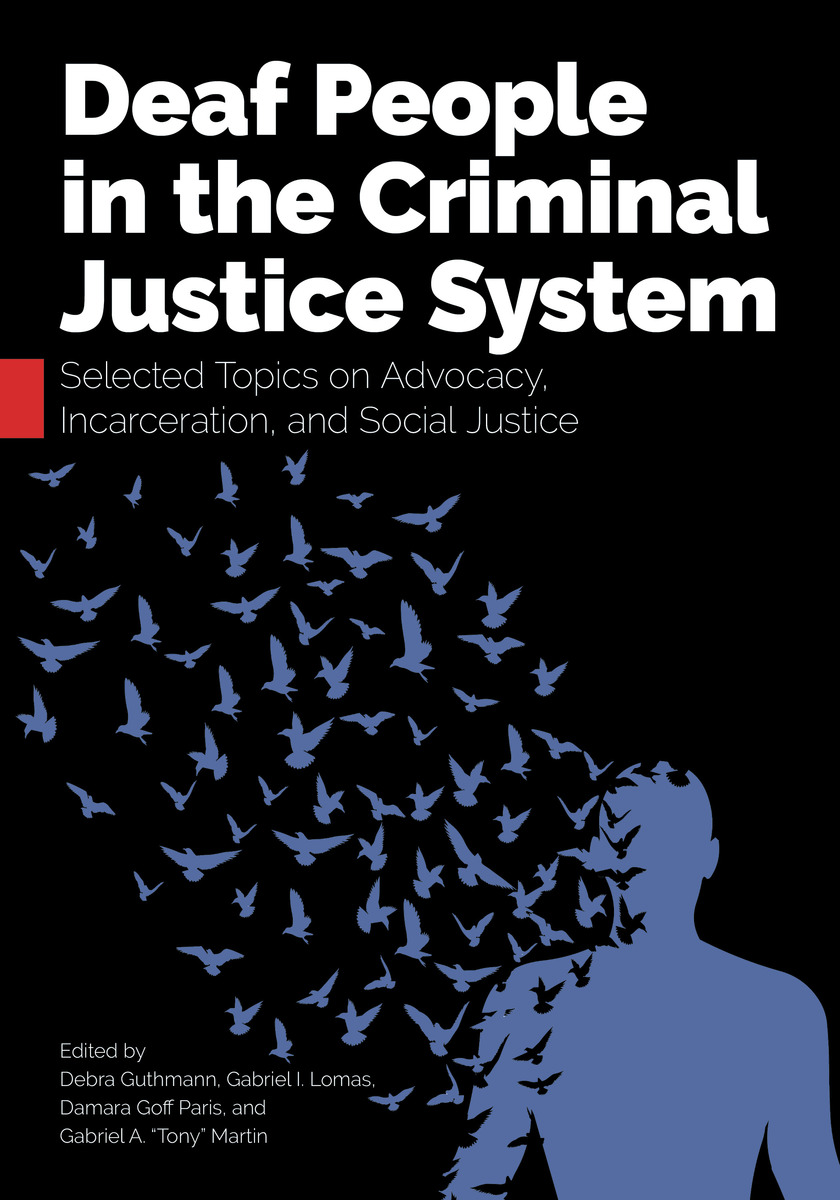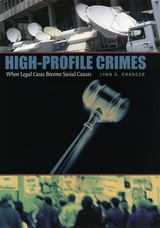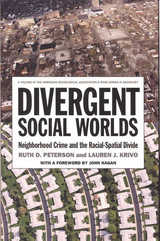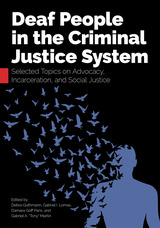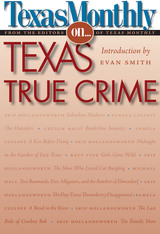Deaf People in the Criminal Justice System: Selected Topics on Advocacy, Incarceration, and Social Justice
Gallaudet University Press, 2021
Cloth: 978-1-944838-81-2 | Paper: 978-1-944838-83-6 | eISBN: 978-1-944838-82-9
Library of Congress Classification HV6791.D43 2021
Dewey Decimal Classification 371.912
Cloth: 978-1-944838-81-2 | Paper: 978-1-944838-83-6 | eISBN: 978-1-944838-82-9
Library of Congress Classification HV6791.D43 2021
Dewey Decimal Classification 371.912
ABOUT THIS BOOK | AUTHOR BIOGRAPHY | REVIEWS | TOC | REQUEST ACCESSIBLE FILE
ABOUT THIS BOOK
The legal system is complex, and without appropriate access, many injustices can occur. Deaf people in the criminal justice system are routinely denied sign language interpreters, videophone access, and other accommodations at each stage of the legal process. The marginalization of deaf people in the criminal justice system is further exacerbated by the lack of advocates who are qualified to work with this population. Deaf People in the Criminal Justice System: Selected Topics on Advocacy, Incarceration, and Social Justice is the first book to illuminate the challenges faced by deaf people when they are arrested, incarcerated, or navigating the court system. This volume brings interdisciplinary contributors together to shed light on both the problems and solutions for deaf people in these circumstances.
The contributors address issues such as accessibility needs; gaps regarding data collection and the need for more research; additional training for attorneys, court personnel, and prison staff; the need for more qualified sign language interpreters, including Certified Deaf Interpreters who provide services in court, prison, and juvenile facilities; substance use disorders; the school to prison nexus; and the need for advocacy. Students in training programs, researchers, attorneys, mental health professionals, sign language interpreters, family members, and advocates will be empowered by this much-needed resource to improve the experiences and outcomes for deaf people in the criminal justice system.
The contributors address issues such as accessibility needs; gaps regarding data collection and the need for more research; additional training for attorneys, court personnel, and prison staff; the need for more qualified sign language interpreters, including Certified Deaf Interpreters who provide services in court, prison, and juvenile facilities; substance use disorders; the school to prison nexus; and the need for advocacy. Students in training programs, researchers, attorneys, mental health professionals, sign language interpreters, family members, and advocates will be empowered by this much-needed resource to improve the experiences and outcomes for deaf people in the criminal justice system.
See other books on: Advocacy | Criminal justice, Administration of | Deaf | Disability | Social
See other titles from Gallaudet University Press
